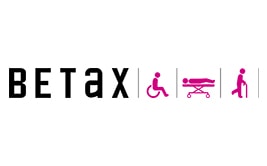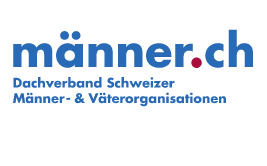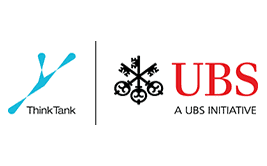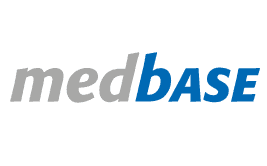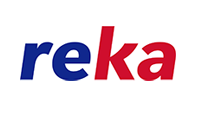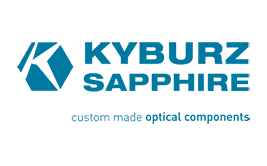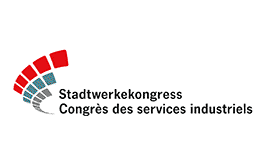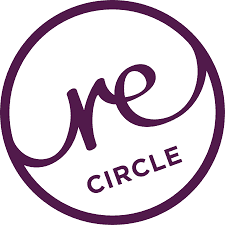How did this come about? The transformation to an answer machine
For years, Google was simply the search engine: enter a keyword, click on one of the blue links, done. But this phase is practically over. Google has gradually transformed search into an
This breaks down the old logic of “being in first place = lots of traffic”. The classic, purely link-based Google search is basically dead – not Google itself, but the old model. Long live Google AI.
The integration of LLMs into search engines is a far-reaching technological change that is also the subject of intense academic debate. Researchers describe this process as a cross-fertilization:
Current developments: The era of zero-click searches
In October 2025, Google activated AI search in large parts of the world. What was previously tested in some markets has now been rolled out widely. This means that the AI-supported display of results is no longer the exception, but the standard.
Technically, the following happens: The search query is broken down into several sub-queries, the AI collects suitable sources, consolidates them and delivers a consolidated answer. This answer is at the top – and only below it are the classic organic hits and ads. Signals such as E-E-A-T (Experience, Expertise, Authority, Trust) are weighted more heavily than simple keywords.
Another massive effect: there are significantly more zero-click searches. Users get the solution directly and no longer have to click on your website. This is precisely the break with the past.
Statistical argument: The dramatic decline in clicks
The shift towards the answer engine has measurable effects on user behavior. Current analyses show that the majority of search queries already end on the Google results page without a user clicking on an organic link.
| Metric | Value | Source |
|---|---|---|
| Zero-click searches (share of all search queries) | 62% | SparkToro/Similarweb (July 2024) [2] |
| Potential traffic loss due to AI overviews (conservative estimate) | 20% | SEO analyses (2025) [3] |
| Potential traffic loss due to AI overviews (worst-case scenario) | 60% | SEO analyses (2025) [3] |
These figures illustrate the new reality: more than six out of ten search queries no longer lead to a click on an external website.
Distribution of Google search queries (zero-click vs. click-through)
Zero-click searches (62%):
[███████████████████████████████░░░░░░░░░░░░░░░░░░░]
Click-through searches (38%):
[░░░░░░░░░░░░░░░░░░░███████████████████████████████]
For companies whose business model is heavily dependent on organic traffic, the potential traffic losses of up to 60% due to AI response blocks are a scenario that threatens their existence [3].
What does this mean for companies and websites?
In short: anyone who has not really maintained, expanded or sharpened the content of their website for years will lose out in this new Google world. Not because Google is “evil”, but because the AI only takes relevant, up-to-date and clearly structured content as a source.
- Decline in traffic: Even if your keyword ranking has hardly fallen, fewer visits arrive because the click already “ends” at Google.
- More competition in the answer box: You are no longer just competing with other websites, but with the AI’s answer.
- Higher demands on content: Thin, generic texts are used less frequently by AI. Clear utility value, expertise and topicality are in demand.
If you want to continue to be found via Google, you have to prepare your content in such a way that it is even eligible for an AI response. This is a different requirement than classic SEO.
- Update content: Revise outdated pages, adjust year dates, update examples, add new questions from practice.
- Make added value visible: Name the author, name the source, explain the practice – anything that shows competence helps the AI to classify the page as trustworthy.
- Improve structure: Headings, lists, FAQs, clear sections. AI understands structured content better.
- Use structured data / schema: Where possible, mark up content technically. This makes it clear what it is about.
- Reduce dependence on Google: Newsletters, social, direct access and strengthening the brand – so that not every loss of visibility on Google hurts immediately.
Strategic consistency
The statement “Google is dead” does not mean that Google is disappearing – it means that the former search model is over. It is being replaced by
List of sources
[1] Xiong, H., Bian, J., Li, Y., Mengnan, D., & Helal, S. (2024). When Search Engine Services meet Large Language Models: Visions and Challenges. arXiv.org. Available at:
[4] Rettenmund. (2025). Google is dead. Long live Google AI. What this means for your corporate website. . Available at: https://rettenmund.com/2025/11/google-ist-tot-es-lebe-google-ki/



